Category: Federal
-
President Donald Trump’s rate of issuing new executive orders decreases again in June
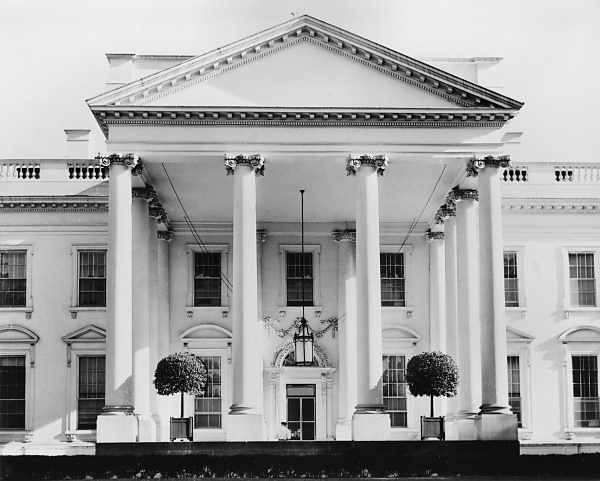
President Donald Trump (R) issued nine executive orders in June, bringing his total to 166. To view the titles and text of each order he issued in June, click here. Trump issued 46 executive orders in January 2025, more than any other month of his presidency. With only nine orders, June 2025 marks the month…
-
Rep. Dwight Evans announces he will not seek re-election to the U.S. House of Representatives in 2026
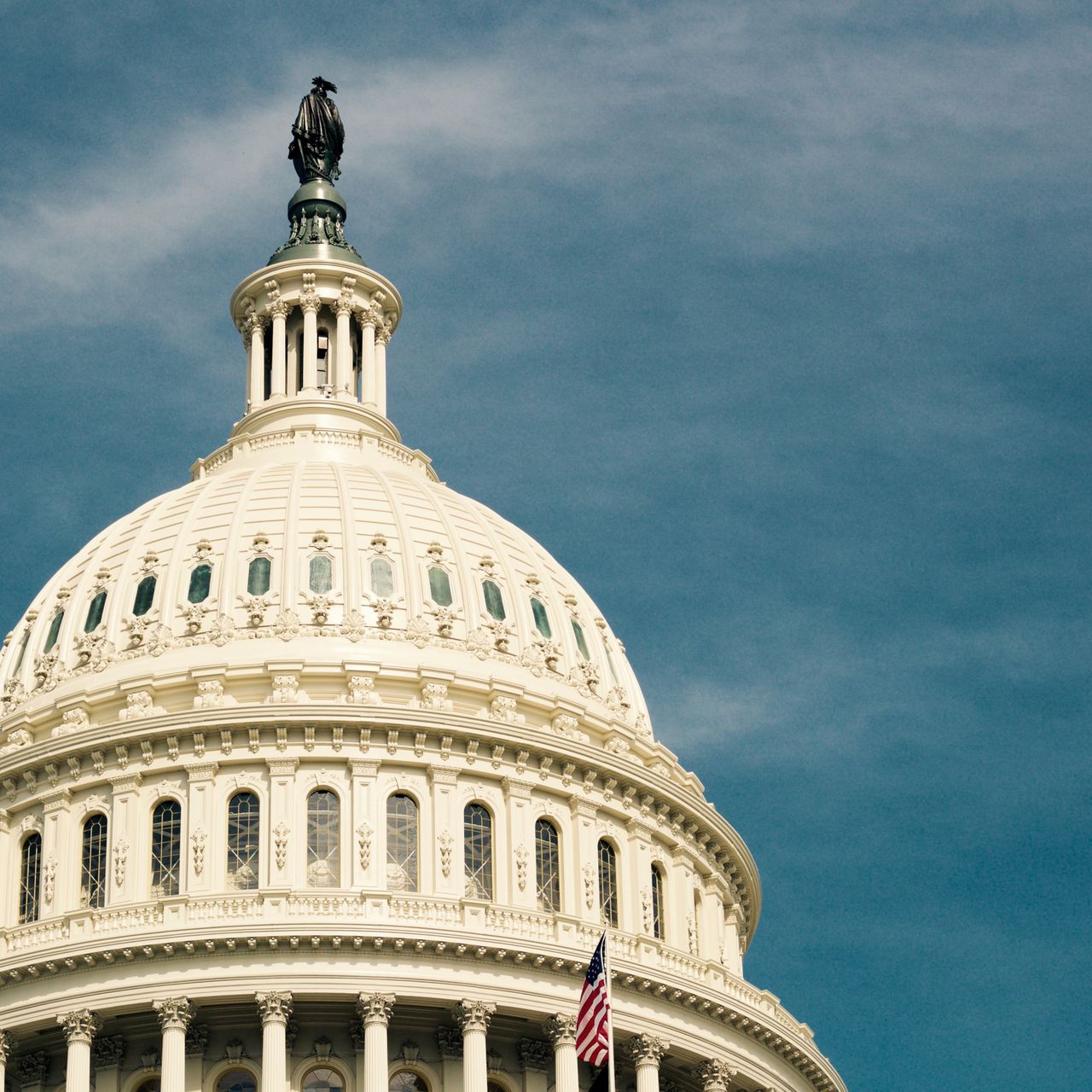
Rep. Dwight Evans (D-Penn.) announced on June 30, 2025, that he will not seek re-election to the U.S. House of Representatives in 2026. On his retirement, Evans said in a statement, “After some discussions this weekend and thoughtful reflection, I have decided that the time is right to announce that I will not be seeking…
-
President Donald Trump (R) ends June with 45% approval, 53% disapproval
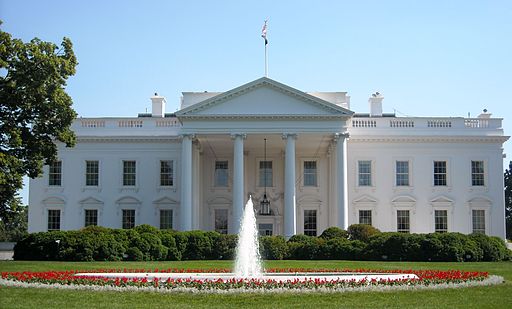
At the end of June, approval polling averages showed President Donald Trump (R) at 45% approval. Fifty-three percent of voters disapproved of his performance. The lowest approval rating he’s received during his presidency is 44%, last seen on June 25, 2025. The highest approval rating Trump has received is 54%, last seen on Jan. 22,…
-
Vice President J.D. Vance casts fifth tie-breaking vote to pass One Big Beautiful Bill Act
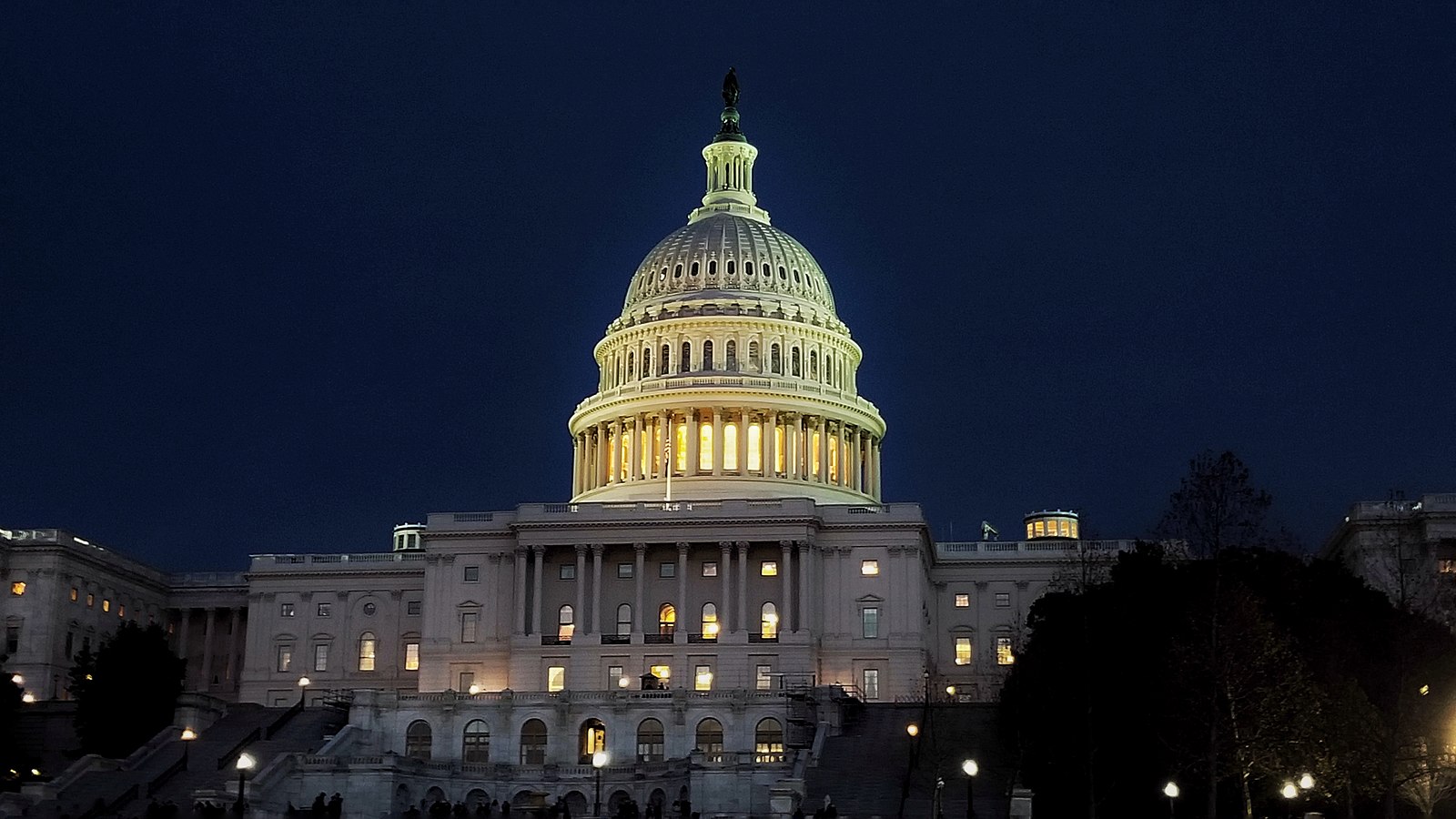
On July 1, 2025, Vice President J.D. Vance cast his fifth tie-breaking vote in the U.S. Senate to pass the One Big Beautiful Bill Act, the budget reconciliation bill currently before Congress. Fifty Republicans voted in favor of the bill, while 45 Democrats, two Independents who caucus with Democrats, and Republican Sens. Susan Collins (R-Maine),…
-
Chevron deference overturned one year ago today

The U.S. Supreme Court’s June 28, 2024, decision in Loper Bright Enterprises v. Raimondo (consolidated with Relentless, Inc. v. Department of Commerce) eliminated Chevron deference. In a 6–3 ruling, the Court held that judges must independently interpret ambiguous federal statutes rather than defer to agency interpretations. The majority wrote that such deference violated the judiciary’s…
-
Nineteen members of Congress have announced they will not seek re-election in 2026
Since May 22, 2025, one member of the U.S. Congress has announced that he will not seek re-election in 2026. Sen. Tommy Tuberville (R-Ala.) announced on May 27 that he will run for governor of Alabama in 2026 rather than re-election to the U.S. Senate. As of June 10, The Cook Political Report and Inside…
-
Democrats to hold firehouse primary for Virginia’s 11th Congressional District June 28
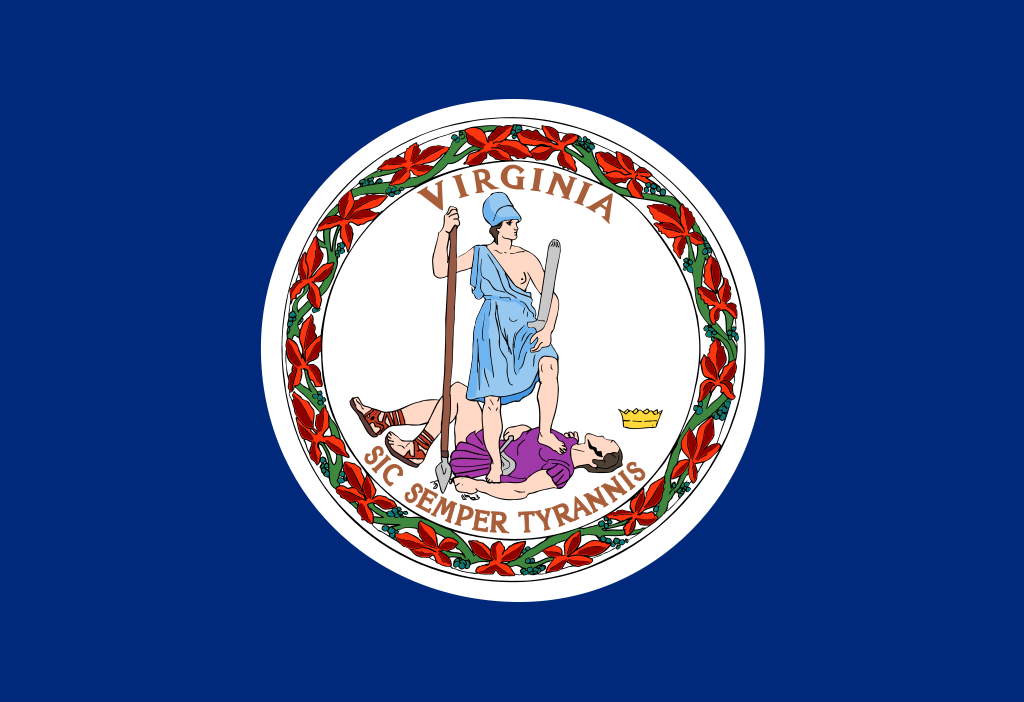
On June 3, 2025, Gov. Glenn Youngkin (R) called a special election for Virginia’s 11th Congressional District to be held Sept. 9, 2025. Incumbent Gerald Connolly (D) died on May 21, 2025. Virginia law requires political parties to nominate their candidates 60 days before special elections, in this case by July 11. The 11th Congressional…
-
Ballotpedia releases federal judicial vacancy count for June 2025

In this month’s federal judicial vacancy count, Ballotpedia tracked nominations, confirmations, and vacancies from May 2, 2025, through June 1, 2025. Ballotpedia publishes the federal judicial vacancy count at the start of each month. HIGHLIGHTS New vacancies There were 49 vacancies out of 870 active Article III judicial positions, a total vacancy percentage of 5.6,…
-
An early look at Alabama’s U.S. Senate election in 2026
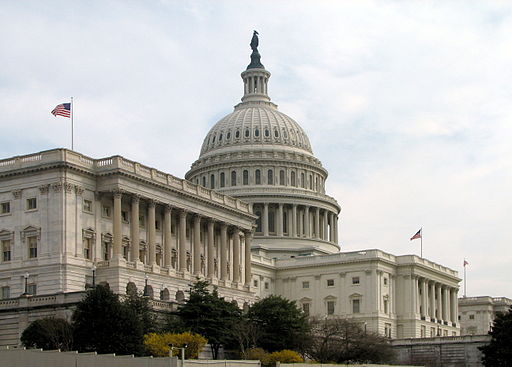
Voters in Alabama will elect one member to the U.S. Senate in the general election on November 3, 2026. The election will fill the Class II Senate seat of Tommy Tuberville (R), who first took office in 2021. On May 27, Tuberville announced he would run for governor rather than run for re-election. WHNT-TV‘s Brian…
-
President Trump & Congress repeal two Consumer Financial Protection Bureau rules
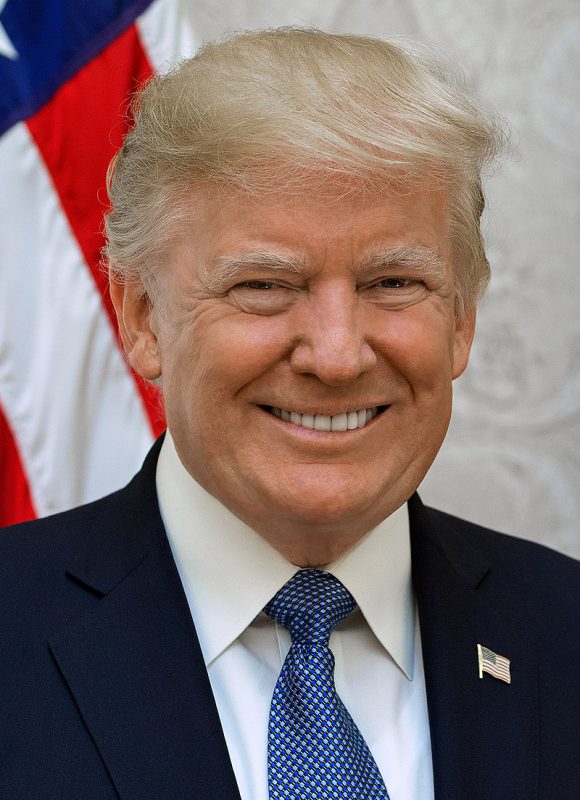
What’s the story? Following the close of the 60-day legislative disapproval period under the Congressional Review Act (CRA) on May 12, 2025, President Donald Trump (R) signed resolutions nullifying a total of 11 rules from 7 agencies during his second term. Of those 11, a total of two resolutions of disapproval nullified rules administered by…

